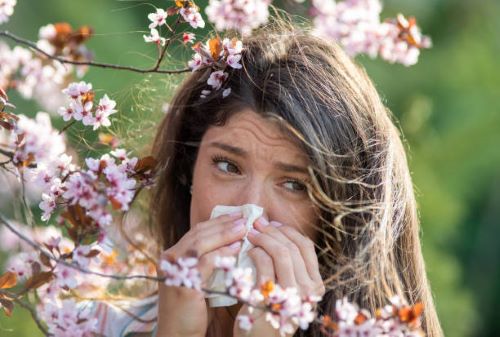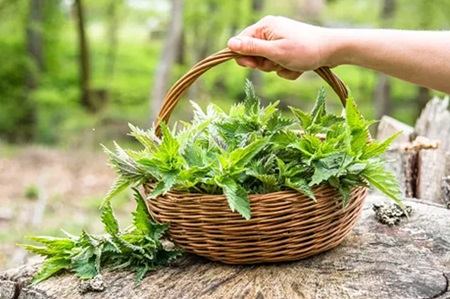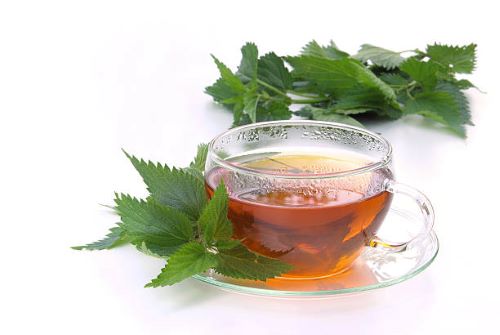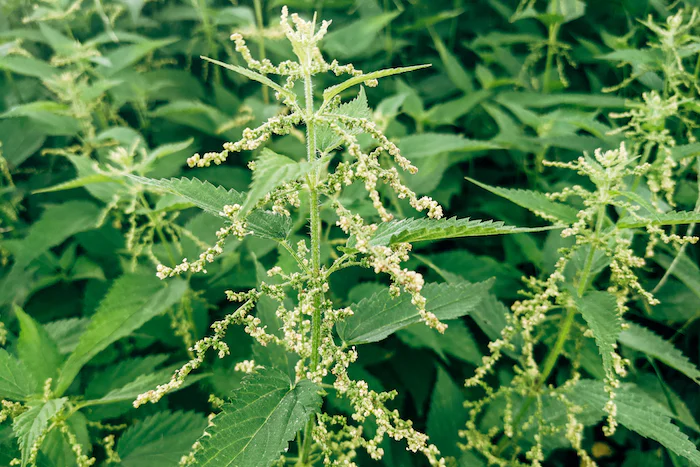A brilliant natural remedy for seasonal allergies and a host of other conditions. I would highly recommend this, as there are numerous benefits to this wild plant.
Just when you thought this was a pesky weed, well think again!

Stinging Nettle has been used for hundreds of years to treat painful muscles and joints. Also used to treat anaemia (as it has a high natural iron content), gout, eczema and psoriasis. I personally have used it for many years when I experience hay-fever and also used it after a heavy night of rich food. I find it really helps to detox my body, it is also a great aid for those on a weight reduction program. Another great bonus is that this also helps my osteoarthritis.
More recently, many men are using this in the early stages of an enlarged prostate. It is a brilliant natural anti-inflammatory. It is known to improve kidney function and urinary flow. I strongly recommend consulting a herbalist, who will guide you on how to use this and whether you should drink as a tea or opt for a tincture.
I would not recommend foraging for this, unless you are sure that you know what you are picking. Dead Nettle can sometimes look similar to stinging nettle and only an expert forager will know the distinct difference. If you do, however know exactly what you are looking for, please wear long rubber gloves as the sting from this plant is not pleasant. Hence its name!

It usually grows in gardens, fields, woodlands and hedgerows and is found in Northern Europe and Asia. Stinging Nettle likes to grow in damp soil and can often be found alongside rivers and canals. It blossoms between June and September and can grow to 4ft in height. The best nettle is always the first baby nettle plants that appear. Having said this, do not pick when it first goes into bud or seed, as it can be toxic at that time if you absorb it. Once again, I cannot stress enough the importance of consulting a herbalist, who will recommend the best quality herbal preparation for your needs.
Who should avoid this?
Breastfeeding mothers, anyone who has an allergic reaction to nettle or similar plants and the elderly, as it may cause their blood pressure to drop.
Having said this, it does not have the same effect on normally active adults. I suffer low blood pressure on occasions and this has never adversely affected me. As a herbalist and holistic therapist, I’m acutely aware that not all natural remedies are a one size fits all scenario.

It is great for liver function. A regular cleanse with nettle leaf tea will help to lower blood pressure and improve your heart antioxidant defences. I remember drinking this in abundance one spring/early summer when my family and I were suffering bad hay-fever. We were living in a countryside village where the pollen was rife. Thankfully we had an abundance of stinging nettle in our back garden. I was brewing this as a tea daily from the fresh plant, we were each drinking up to five cups a day. I am happy to say we were much healthier as a result.

You can enjoy this tea anytime of the day as it does not have caffeine. If you are adverse to the taste, I recommend adding half a teaspoon of locally sourced organic honey or Manuka honey. Locally sourced honey is always best, as it aids those who suffer allergies. It is soothing especially for itching throats, as a result of seasonal allergies. You will often find a local beekeeper who is happy to sell you his organic produce.
I hope this information helps you, please message me if you would like to consult a holistic therapist/herbalist, I am available online. Herbs are a gift from God, they are there to heal us and I am so grateful for the beautiful and bountiful gift of Mother Nature.
To your Optimum Natural Health
Catherine



